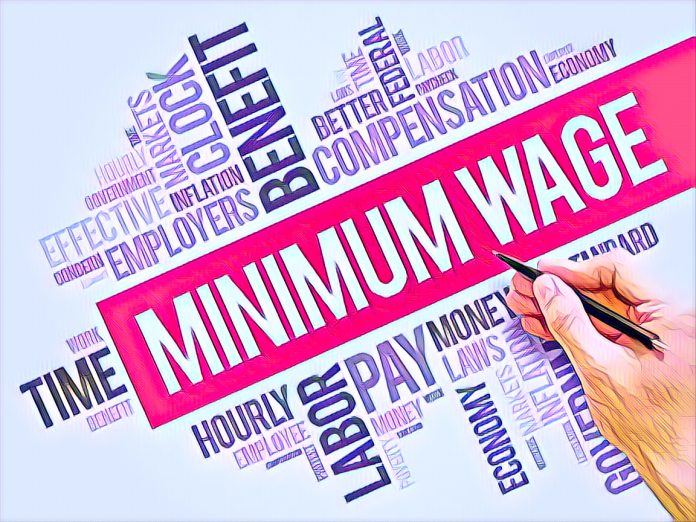Nigeria’s unresolved minimum wage crisis led to a two-day strike on June 3 and 4, causing significant disruptions across various sectors. The strike, which could have been avoided, underscores the urgent need for the Federal Government and labor unions to prioritize the country’s interests over personal considerations.
Workers’ welfare is crucial for a productive public service. Balancing the economy and workers’ needs in wage negotiations is essential to avoid undue suffering on both sides. Unfortunately, the failure to reach a compromise has plunged the country into an unnecessary industrial conflict. Ongoing negotiations must conclude in a manner that is fair, realistic, and equitable to prevent further harm to the economy.
Talks between the government and labor unions began after President Bola Tinubu announced the removal of fuel subsidies on May 29, 2023. Since then, the price of Premium Motor Spirit (PMS) has skyrocketed from N195 to over N600 per liter in some regions. This dramatic increase has had a ripple effect on the prices of goods and services, leading to a substantial rise in the cost of living.
Compounding the issue, the Central Bank of Nigeria’s (CBN) foreign exchange market measures announced on June 14, 2023, have resulted in the Naira depreciating by around 70%. This depreciation has further increased the prices of commodities and services, particularly in a country that relies heavily on imports. Workers, who support their families and dependents, have been hit hardest by these economic challenges.
As of April 2024, headline inflation rose to 36.69%, up from 22.22% in April 2023. High food prices and transportation costs are the main drivers of this inflation. The government and labor unions had agreed to work on a new minimum living wage, as the previous minimum wage law expired on April 30, 2024. Despite this agreement, the details of the new wage were left to a 37-member Tripartite Committee appointed in January, which has yet to reach a consensus.
In the meantime, the Federal Government began paying a N35,000 wage award to alleviate workers’ economic hardship. However, many states have not shown sufficient commitment to paying this award. Only a few states have managed to pay part of it, further exacerbating the situation.
The Tripartite Committee’s failure to reach a consensus on a new wage before May 1, 2024, is a significant oversight. Three months should have been enough to deliver on its mandate. The federal government also bears responsibility for not concluding negotiations in time to avert the indefinite strike, which was suspended after two days.
Labor unions’ decision to switch off the national grid during the strike, plunging the country into darkness, was extreme. The economic costs of the strike, including canceled flights and lost man-hours, were considerable. These disruptions could have been avoided if the government had prioritized workers’ welfare as promised during election campaigns.
President Tinubu’s Renewed Hope Agenda promised to prioritize workers’ well-being and pay a living wage. However, the current cost of living has skyrocketed, affecting both production costs for companies and rent prices for workers. Inflation has driven up the prices of building materials by as much as 200%, further burdening workers.
State governors, who should play a significant role in providing for their workforce, have largely been absent from the wage negotiations. Many claim they cannot pay N60,000 but need to be more accountable. Profligate spending by governors on excess allowances and frivolous travels should be curtailed. States must boost their internally generated revenue and reduce dependence on federal allocations.
To avoid further crises, the government must not let the wage negotiations escalate into a major conflict. Leaders must focus on overcoming the current economic hardships without worsening the industrial climate. By prioritizing fair negotiations and responsible governance, Nigeria can navigate these challenging times and work towards a more stable economic future.



